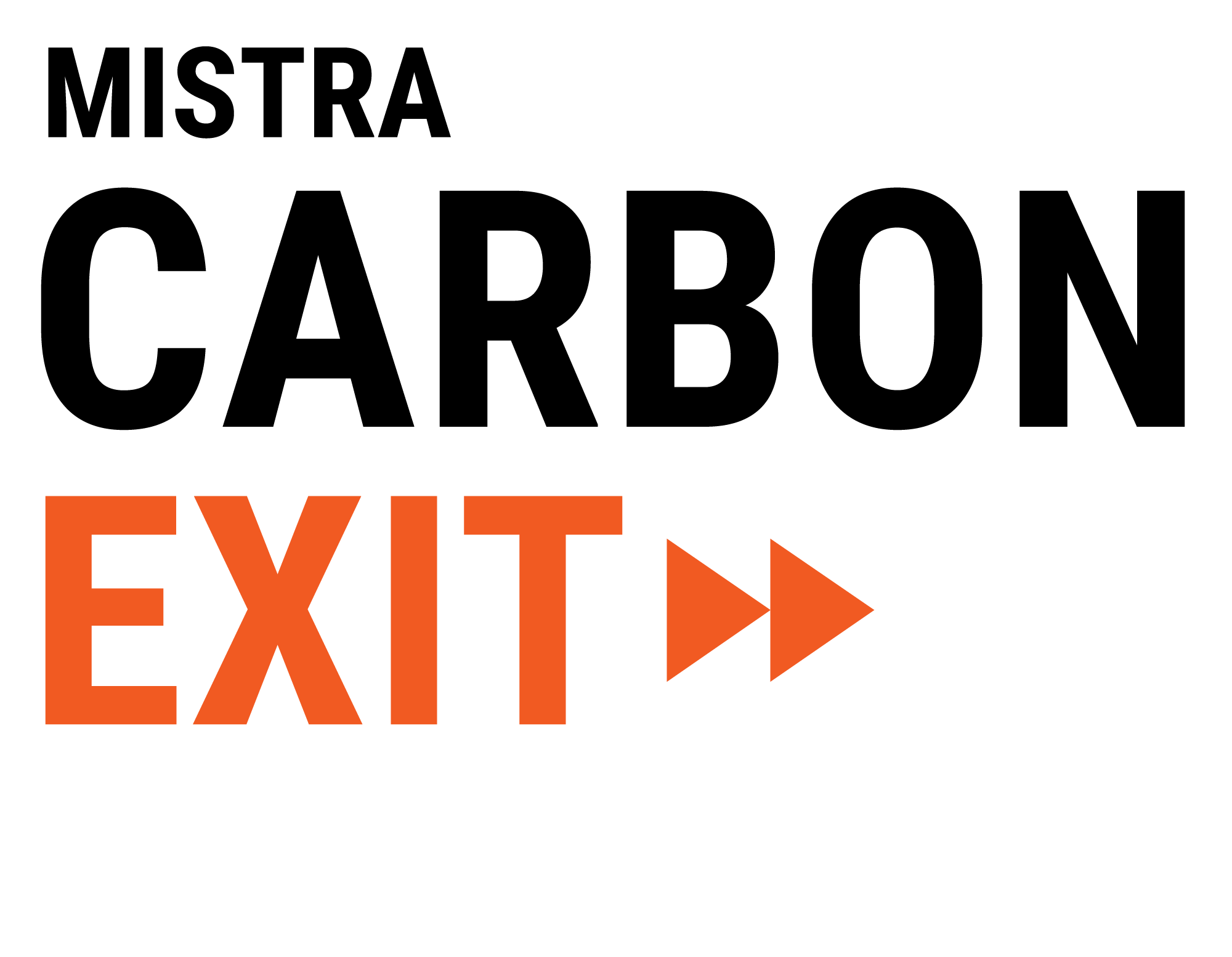
Mistra Carbon Exit
Pathways to Net Zero Greenhouse Gas Emissions in Supply Chains
Mistra Carbon Exit, in operation 2017-2025,
was a research programme funded by Mistra to identify and analyse the technical, economic and political opportunities and challenges for Sweden to reach the net zero greenhouse gas emissions target by 2045.
Accelerating
the Climate Transition
News Archive
This report describes the highlights of Mistra Carbon Exit programme (2017–2025). In this report, we want to share some examples of what we have accomplished over these years.
In the latest in-depth analysis from the think tank CEPS, Patricia Urban, Ida Karlsson, and Luca Nipius compare EU and Swedish policies on WLC emissions
A report on the Swedish public’s support for and attitudes towards climate policy in Sweden was the topic for Mistra Carbon Exit’s webinar on 3 December.
Mistra Carbon Exit's seminar Levelling up the climate transition in the built environment, was held in Stockholm and online on 18 November 2024 to summarize almost eight years of research on measures to accelerate efforts to reduce GHG emissions in the building and infrastructure construction supply chain.
With Northvolt's crisis, Swedish commentators questioned the state's involvement in the green transition in countless articles. Researchers within Mistra Carbon Exit and Luleå Technical University draw other conclusions.
A summary of Filip Johnsson's and Ida Karlsson's research in Mistra Carbon Exit around building construction decarbonization has just been published in Open Access Government.
Ella Rebalski successfully defended her PhD thesis and was awarded her doctorate at Chalmers University of Technology in early October.
Transatlantic cues: How the US and the EU influence each other’s climate policies is a new report discussing the complicated geopolitical landscape this year when new administrations are set on both sides of the Atlantic.
Technology or financing isn’t the challenge, what is needed is political leadership and stability over time. That is a conclusion from the IVA high-level conference “Climate Urgency and the Nordic Response”.
Ida Karlsson successfully defended her PhD thesis and was awarded her doctorate at Chalmers University of Technology. Her thesis delves deep into the potential for reducing CO2 emissions in the supply chains of building and transport infrastructure construction.
Projects on climate policy acceptance, spearheading projects, procurement in infrastructure projects, climate strategy in the US and Europe are new initatives from Mistra Carbon Exit as well as a high level conference in June.
Mistra Carbon Exit’s Annual report presents examples from our research, including the work of our five PhD students. We have also asked some of our senior researchers and industrial partners to reflect on the programme and provide key deliverables, communication activities and publications from the year 2023.














